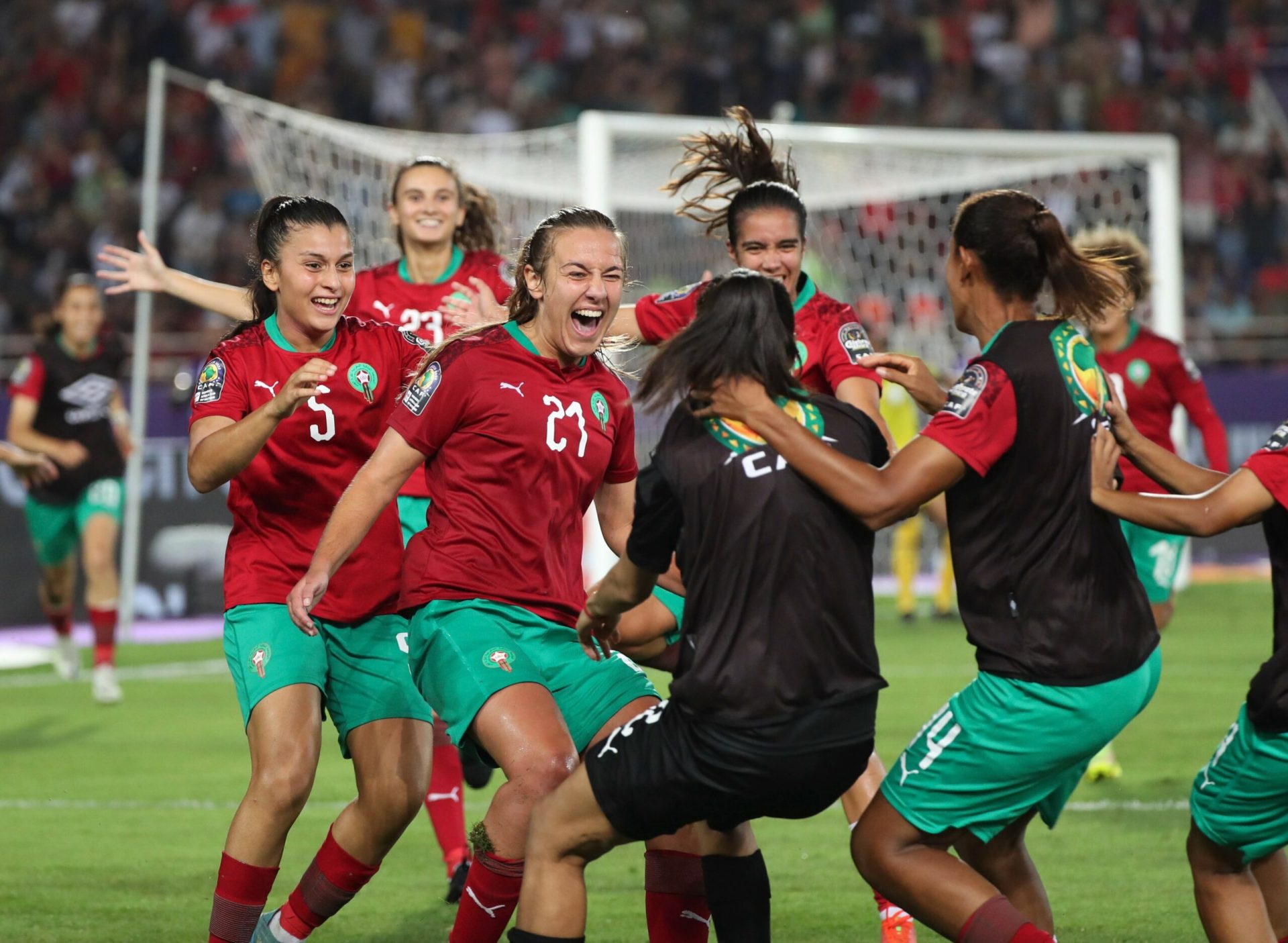At the end of each month, we at Netizency study the popular conversations happening on social media and online platforms across the Gulf to highlight the most relevant trends and analyze the discussions that have gained momentum. To do so effectively, we’ve identified a group of keywords in Arabic and English that define conversations based on the region’s most relevant industries. We then classify them according to the volume of mentions and analyze the topics of conversation across social and online media between the first day of the month to the last.
Photo Source: Netizency
In July, the category rankings remained consistent with the previous month. Entertainment, Electronics, and Finance retained their top positions, while Education, Health, Automotive, Malls & Retail, and Telecommunication followed suit.
It was an exciting month online, filled with buzz about Barbie, Oppenheimer, Friendship Day, World Emoji Day, Islamic New Year, Samsung Unpacked 2023, Twitter's "X" rebranding, and the grand launch of Instagram's Threads. But wait, there's more! Let's explore the hottest topics in the GCC, covering Entertainment, Electronics, and Finance.
Top Themes
Entertainment
Sports remains a dominant force driving online chatter within this category, and this trend holds true month after month. July is no exception, as it witnessed widespread coverage centering around two events: the FIFA Women's World Cup 2023 and the FIFAe Nations Cup 2023 — marking a historic moment as the first-ever FIFA event hosted in Saudi Arabia. Both have captured the attention of partnering brands, entertainment-oriented social media accounts, influencers, and engaged users. A noteworthy moment that triggered a spike in the positive sentiments for The FIFAe Nations Cup was when Sami Al Jaber, a Saudi football manager, and former professional player, was announced as the event’s ambassador. Users enthusiastically engaged with relevant posts, endorsing him as the ideal face to represent the country on this front. The positivity also prevailed in the FIFA Women’s World Cup discourse, recording two key peaks. The first was when the Morocco team became the first and only Arab team to play in the tournament, and the second was when they won their match with a 1-0 victory over South Korea. Indeed, this prompted an avalanche of congratulatory comments on pertinent social media posts.
 Photo Source: Esquire Middle East
Photo Source: Esquire Middle East
However, not all the trending topics carried a positive twist this month. In fact, the next two stories caused a major commotion, leading to a surge in negative sentiments across the Entertainment discussions.
"King the Land," a South Korean drama that ruled Netflix’s top 10 in the UAE, faced a barrage of backlash for its controversial depiction of an Arab character in a recent episode. K-drama fans found the scene with Prince Samir in a nightclub, dressed in traditional Arab clothing and behaving stereotypically, outdated, and offensive. In response to the uproar, the production company issued an apology, clarifying that the drama's characters, regions, and place names are all fictional and not representative of any specific country. Nevertheless, the controversy persisted, stirring debates on cultural sensitivity and representation in the entertainment industry, especially for international shows with diverse global audiences.
 Photo Source: Netflix
Photo Source: Netflix
Additionally, the new SaudiaBEYOND ad featuring TikToker Khaby Lame wasn't immune to the online tumult, finding itself entangled in a mix of reactions from supporters and naysayers. The uproar started when a now-deleted social media video showed Khaby demonstrating how to use the in-flight entertainment system to a Saudi passenger. Some users found the ad offensive and criticized the brand for portraying a Saudi national as technologically weak while presenting a foreigner as proficient. They argued that as a Saudi brand, it should have showcased a more accurate and positive depiction of Saudis' technological prowess. On the other hand, some argued that comedy in media content can be sensitive, and government entities or the private sector must be cautious about its use. Others have appreciated the use of Saudi traditional dress and music in the ad, seeing it as a positive idea complementing the travel-related content. However, due to the backlash, the airline has replaced the ad with a new version featuring a seemingly East Asian passenger being assisted by Khaby with the “Do not disturb” mode as part of the brand’s in-flight entertainment system. The incident serves as yet another testament to the influence and power of social media.


 Photo Source: Lifewire
Photo Source: Lifewire

